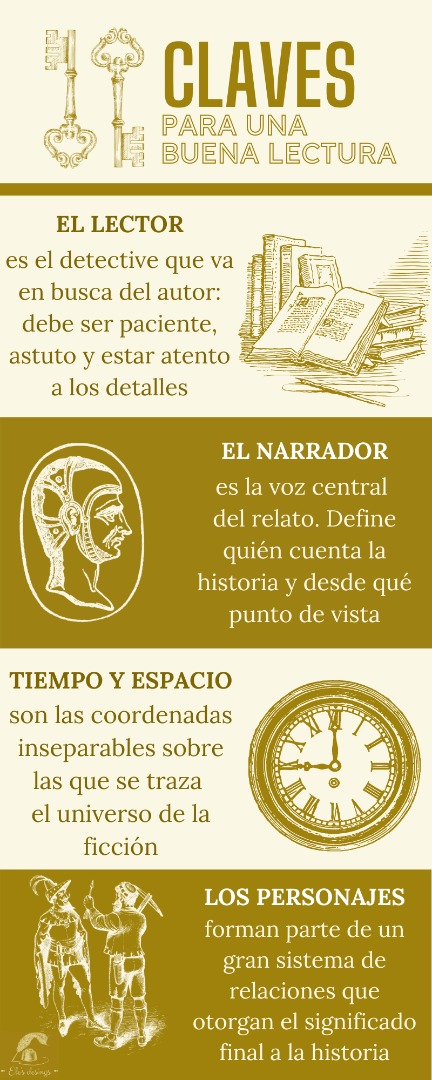The job of counting

The Office of Counting - Final Report
by: Elena Nazco and Xavier Carbonell
On July 31, the narrative seminar "The office of counting", offered by SIGNIS-Cuba, with the support of SIGNIS ALC and the Humanitas Academic Project, of the Bishopric of Santa Clara, concluded. The course lasted eight weeks (June-July 2021) and had the participation of 35 students from various countries in Latin America. Of them, 16 were graduates due to the fulfillment of the evaluation requirements (participation in the sessions and delivery of a final text). The list of certified graduates is as follows:
-
Alba Lorena Rojas (Paraguay)
-
Alejandro Tur Valladares (Cuba)
-
America Santoya (Cuba)
-
Angel Alberto Morillo (Venezuela)
-
Arnoldo Fernández (Cuba)
-
Beatriz Ganado Arias (Cuba)
-
Bernardo Galeazzi Oviedo (Mexico)
-
Claudio Herrera (Panama)
-
Ehrilys Payne (Colombia)
-
Felix Amador Rizo (Venezuela)
-
Brother Jesús Bayo (Spain)
-
Katiuska Cruz (Colombia)
-
María José Centurión (Paraguay)
-
Mercedes Fusté Bruzáin (Cuba)
-
Yaqueline de la Rosa (Cuba)
-
Yarelis Rico Hernández (Cuba)
The final work, of 3 to 5 pages, consisted of two modalities: 1) criticism of a text with the tools learned in the course and 2) the writing of a fiction text. Most of the students, to the surprise of the trainers, chose the latter, since it allowed them to execute the narrative techniques studied in practice. Another popular choice was generic hybridity, especially between journalism and literature.
The performance of several of the students was moving who, in the midst of severe economic difficulties and instability in the connection, attended the class on time. Participation during the meetings, despite the use of an audio-only platform, such as WhatsApp, was effective for the objectives of the course. The selected seminar modality seems to be, according to this experience, especially effective in underdeveloped contexts and with little level of connectivity, so we suggest that it be exploited further.
The subjects of the course were characterized by their personal, flexible and complex treatment. The students responded well to the density of concepts of great philosophical depth such as time, space and author, among others, and they showed interest in learning about different theories in this regard.
In general, we understand that the repetition of experiences like this can be useful to raise the quality of communication in our Latin American context, and we thank SIGNIS ALC for the possibility of transmitting our own academic learning in literary theory, semiotics, narratology and related disciplines. , towards an audience that can creatively take advantage of these resources in their various professions.
***
At the end of the course, the following chronicle was presented to SIGNIS ALC, which summarizes the course using the same tools.
The office of counting: training experiences
Narrating is a job; writing, a philosophy of life. It requires discipline and vocation, purity of intentions. We do not write sentences on a page, we leave the trace of an existence. In this sense, the one who narrates overcomes time and death, resurrects in each reading of the others, for whom he writes.
When more than thirty strangers come together in an imaginary space - what is the digital sphere but a fiction? - to discuss the intimate reasons for their writing, one can expect hallucinatory and diverse arguments, some fueled by life itself and others that replicate the narration of their teachers.
Eight weeks ago, at SIGNIS-Cuba, we were able to execute an old idea: to convene a small narrative seminar, with a very personal tone, with which to share our own search for answers to some questions that we considered vital: Why do we tell stories? What change can we aspire to as storytellers? What kind of stories does our Latin American context need?
In June we received support from SIGNIS ALC and we were able to resize the course towards a wider audience. The result? Eight meetings, spread over as many weeks, nurtured by a fruitful debate on the principles of the narrative. Narrator, author, time, space, characters, the old categories illustrated by the best texts in our language.
From the beginning we considered a double utility: that the study served fiction narrators or journalists interested in perfecting the chronicle or the report; but also to provide critical tools to those who approach the literary work, to better enjoy its different dimensions.
Broadly speaking, that was the path of «The Office of Counting», a narrative seminar that ended up becoming a community of readers, of friends in the distance during difficult times - we ourselves, in Cuba, were going through an unprecedented wave of protests and the subsequent police repression—, a series of voices rather than faces, involved in the construction of stories that will save our lives.
Others found in the course an encouragement to endure confinement, loneliness, and boredom. Some approached, with an endearing humility, to thank SIGNIS for this initiative and tell us, personally, that they would miss the Saturdays of «The office ...». The group is still open and we continue to speak and experience literature. Other projects are coming up, nourished by the energy and will that we assume with this course, but those of us who lived these eight weeks will not forget the simplicity of the students, the fervor they put into their texts and their dedication to literature and its wonderful universe. .






